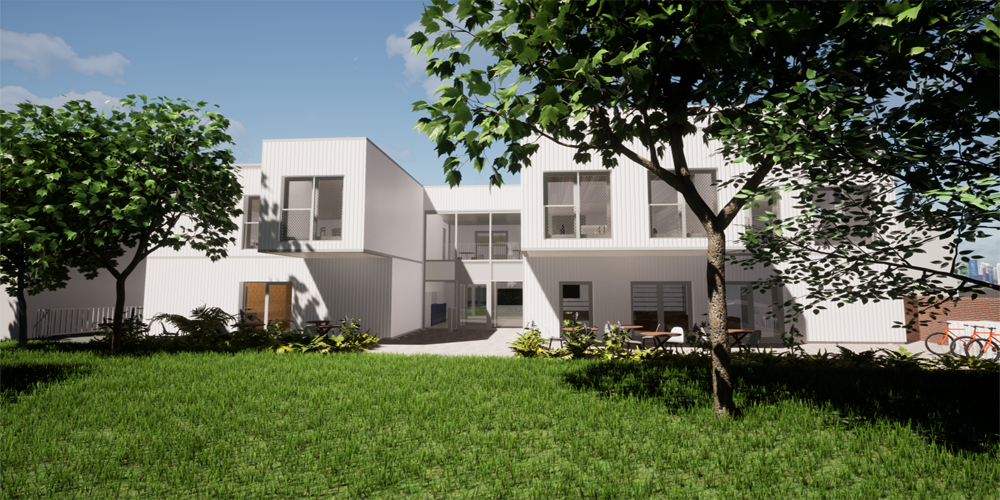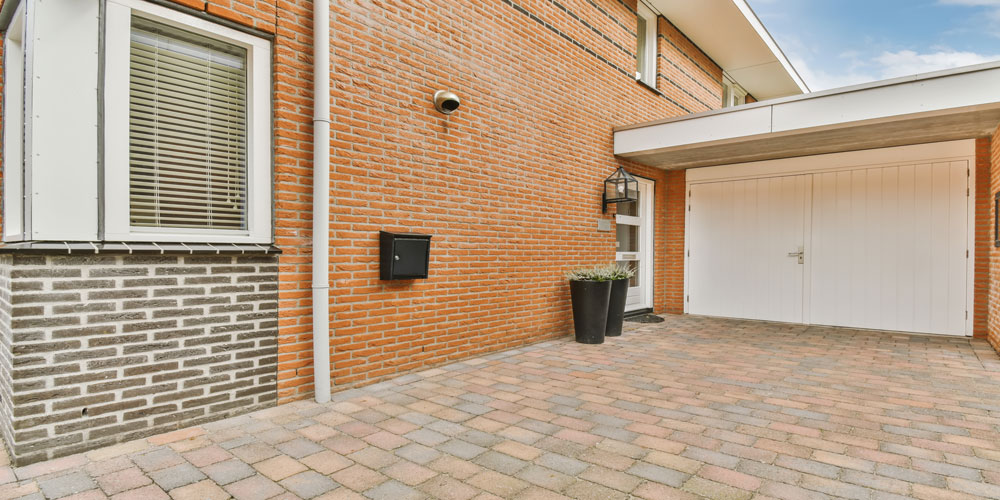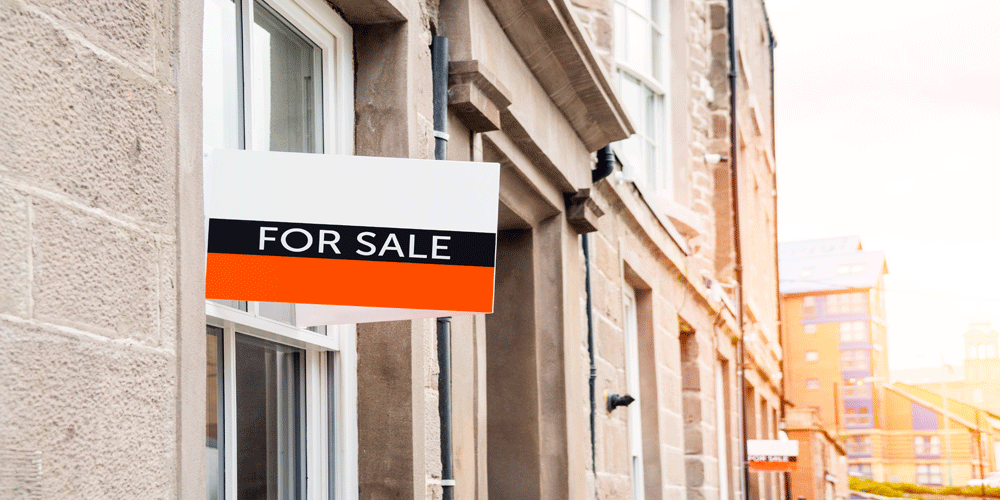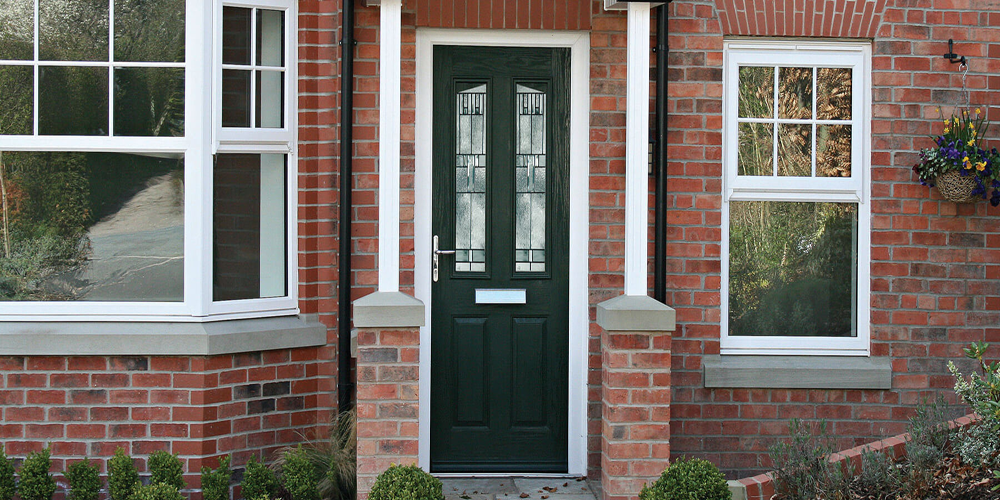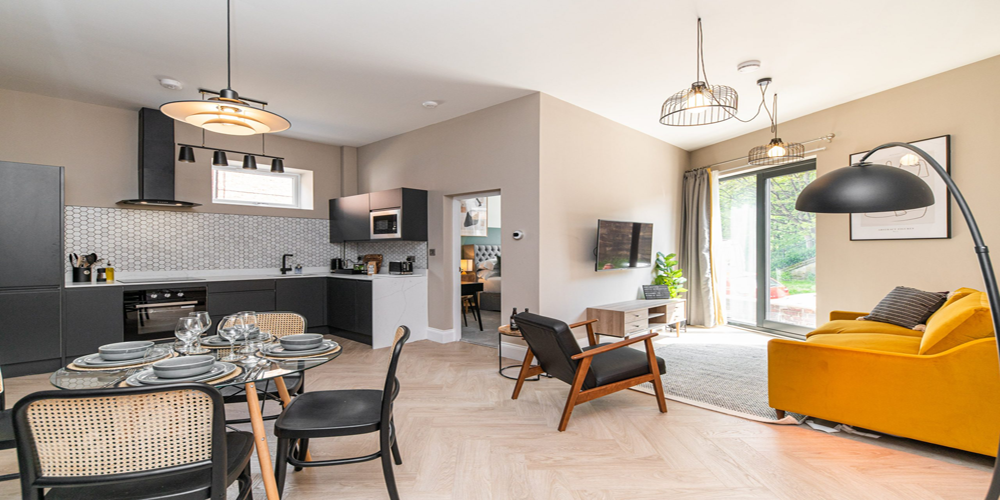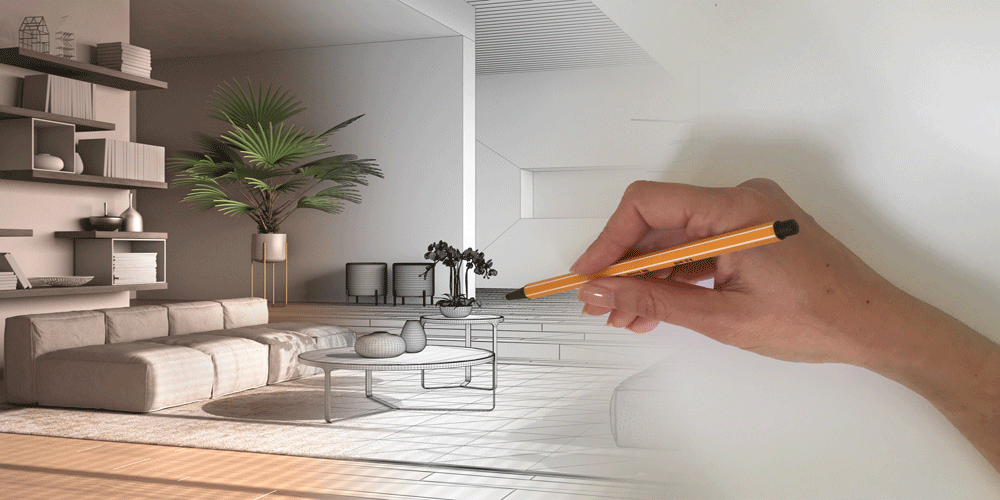Sustainable Property Management in 2025
Property management has come a long way from just fixing broken appliances and collecting rent checks. In 2025, the focus is shifting toward smarter, more sustainable operations. Owners and managers are recognizing that how a building runs day-to-day directly affects its long-term value, operational costs, and resident satisfaction.
Sustainability isn’t just a buzzword anymore, it’s quickly becoming the standard. Whether you’re managing a single building or a portfolio of properties, sustainable practices are proving to be good for both the planet and the bottom line.
What Is Sustainable Property Management?
At its core, sustainable property management is about using resources wisely. It doesn’t mean spending more or overhauling everything overnight. Instead, it’s about making intentional, cost-effective decisions that reduce waste, improve efficiency, and create a healthier environment for residents.
From energy-efficient lighting to digital workflows, these changes are practical and often surprisingly simple. And as expectations grow, especially from renters and investors, managers who embrace sustainable practices are seeing real benefits.
1. Green Certifications Are More Than Just Badges
In a competitive real estate market, certifications like ENERGY STAR, LEED, and WELL Building Standard are gaining traction. These aren’t just for luxury condos or new developments anymore. Mid-market rental communities are starting to embrace them too.
Why? Because these certifications are more than marketing tools, they demonstrate that a building meets recognized environmental and efficiency standards. For investors, that signals lower risk and higher long-term value. For renters, it’s a sign that their building is modern, well-maintained, and aligned with their values.
Certification processes also guide property managers toward better decisions. They provide a clear framework for upgrades and operational improvements, turning sustainability into a strategy, not just a feel-good goal.
2. Lower Costs Through Smarter Systems
One of the biggest myths about sustainability is that it costs more. In reality, many green updates save money—sometimes from day one.
Take lighting, for example. Switching to LED bulbs cuts energy use dramatically. Installing low-flow faucets and toilets reduces water bills without affecting comfort. These are low-cost upgrades with high returns.
Going digital is another game-changer. Replacing paper-heavy leasing, maintenance, and rent collection processes with cloud-based platforms saves time, reduces human error, and cuts printing costs. With better data tracking, tasks get completed faster and fewer things slip through the cracks.
By combining eco-friendly upgrades with efficient systems, property managers are finding that sustainable choices often lead to lower operational costs and simplified daily routines.
3. Renters Want Greener Living Spaces
Today’s renters are paying attention to sustainability, and not just to save on their utility bills.
Many are actively seeking out properties that reflect environmentally responsible values. Whether it’s recycling programs, bike storage, solar energy, or simply digital rent payments, small touches can make a big impression.
These efforts create a stronger sense of community and loyalty. When residents feel their values are supported, they’re more likely to stay long-term, leading to fewer vacancies and reduced turnover costs. Sustainability isn’t just about materials and systems, it’s about creating a place people are proud to call home.
4. A Smarter Strategy for Long-Term Growth
Sustainable management isn’t just good for operations, it’s also a smart move for investors looking to protect and grow their portfolios.
Buildings that are energy-efficient, certified, and well-maintained are more attractive to buyers, lenders, and tenants alike. They’re also more resilient to rising utility costs and environmental regulations.
By cutting waste and anticipating future challenges, sustainable practices reduce risk. They also position properties as forward-thinking and future-ready, qualities that today’s investors increasingly value.
5. It’s All About Reducing Waste
Every building has an expiration date. But how it’s managed can either speed up or slow down that clock.
Wasted energy, materials, or time erode profits. Sustainable property management is about plugging those leaks. That could mean installing smart thermostats, upgrading hallway lighting, or adopting digital communication tools that streamline resident requests.
None of these changes are particularly dramatic. But added together, they build lasting value, and they keep buildings profitable, longer.
6. Building a Reputation That Lasts
In 2025, reputation is everything. Online reviews, word-of-mouth, and resident satisfaction all influence a property’s success. And sustainability plays a major role.
Clean, efficient, well-managed buildings don’t just function better, they feel better. Residents notice when management is proactive and thoughtful. These impressions translate into stronger reviews and higher retention.
A commitment to sustainability reflects well on everyone involved, from owners to on-site staff. It shows that the team cares, not just about profits, but about people and the planet. That kind of trust is hard to buy, but easy to build with the right actions.
The Bottom Line
Sustainable property management in 2025 isn’t about grand gestures or massive investments. It’s about small, smart decisions made consistently over time. Decisions that reduce waste, lower costs, improve resident satisfaction, and add long-term value.
If you’re managing or investing in properties today, the question isn’t if you should go sustainable — it’s how soon you’ll start.
So here’s something to think about:
What’s one change you can make this month that will make your property run better next year?
Because in property management, sustainability isn’t just the future, it’s already here.


